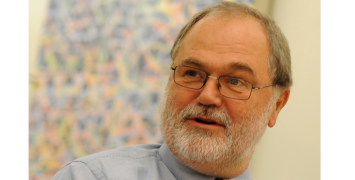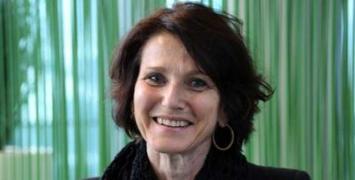Applying for ERC funding – myths vs reality
Myth: You can only apply for an ERC grant if you are a highly accomplished scientist.
Reality: Accomplishments are appreciated in relation to your stage/seniority as giving some evidence of your capacity to conduct the research you propose and of creativity within the past 10-12 years of your career. At the first stage of proposal evaluation, the Principal Investigator's track record and CV will be assessed, as well as the extended project synopsis (but not the full scientific proposal).
Myth: If you have just "left" eligibility for one type of grant (e.g. Starting Grant or Consolidator Grant) you must wait to accumulate seniority within the next bracket before applying.
Reality: There is no evidence whatsoever that older, more senior candidates have a higher acceptance rate. The age distribution of grantees is roughly binomial with a median of 35 years. For advanced grantees only the preceding 10 years are considered, not life-time achievements.
Myth: To be successful, you need to continue on an established research line, to prove continuity and credibility
Reality: Generally, the opposite is true.
In my opinion, the more senior you are, the more you should use the ERC grant to leave your "comfort zone" and be adventurous in your quest.
Myth: If I do not ask for a large sum, I have no chances- only complex and expensive projects get funded.
Reality: In fact, there are many areas where it may make little or no sense to ask for the maximal amount of funds. No grant was ever rejected for asking too few funds.
Myth: The more socially or medically relevant a grant proposal is, the higher the chances of it getting funded.
Reality: ERC funds frontier research, not research that promises to be only an incremental advancement of knowledge. This is irrespective of the field and whether it has societal, medical or clinical applications.
Myth: The mentioning of medical application or, worse, clinical application, makes a grant ineligible.
Reality: This is not true (see above). Frontier research is also expected and possible in the human physiological, medical and even clinical fields.

Myth: Applicants from EU-13 countries stand little chance to win ERC grants as panels favour grants that are supported by luxurious local infrastructure.
Reality: The Host Institution is not a selection criterion; scientific excellence is the sole criterion of evaluation. It is applied by the evaluation panels to the research project and to its Principal Investigator - not to the Host Institution. Panels would never penalize a researcher because the hosting institution is poor. The quality and originality of the project and evidence for accomplishments of a candidate in relation to his or her environment are key.
Myth: In the Social Sciences and Humanities domain, Proof of Concept applications need to show a commercialization strategy.
Reality: Important and valuable societal impact can also be represented by an output that empowers the community, e.g. a handbook, an app, a web portal, a new journal.
Myth: As funds to a particular panel are distributed according to the number of applications, there is a delay effect and popularity in one round affects the next one.
Reality: Funds are normalised across panels to have similar acceptance rates (the right parameter is the amount of money requested from this panel) in that particular call, so no historical delay effect occurs.
Myth: If you have already obtained on ERC grant you are less/more likely to get another one.
Reality: Panels look at each proposal on its own merit and in comparison with the other applications, irrespectively of whether you have or have not obtained an ERC grant in the past. (Of course this does not apply for applications to a Proof of Concept grant.)
Generally speaking: please do not be afraid of applying! Panels consist of experienced and intelligent people, whom you can trust to be able to discern, distinguish and recognize value in a contextualized manner. Myths are inevitable and sometimes even fun, but in the ERC, our mission is for facts and reason to prevail.





